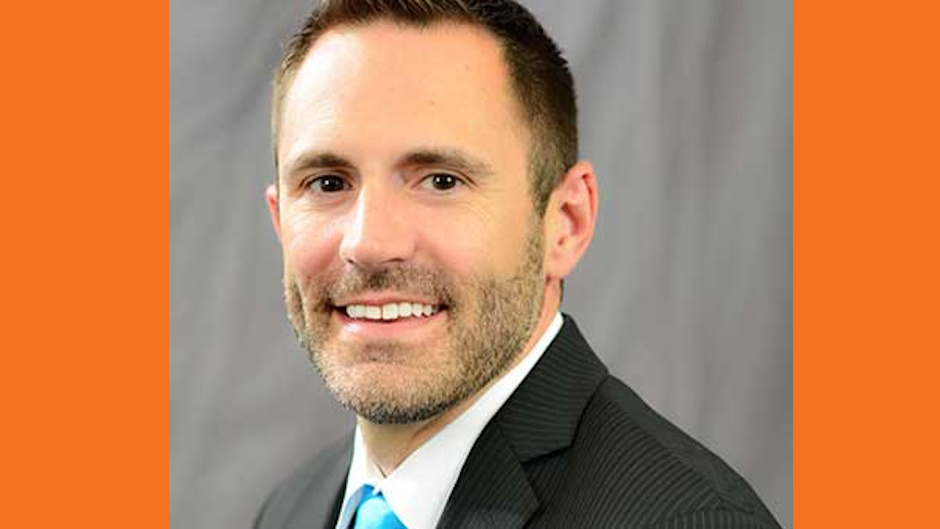Students in the Spring 2015 Tenants’ Rights Clinic helped several families remain in subsidized housing by representing them in evictions, helping them enforce habitability requirements, and challenging improper housing application denials. "The clinic students this past semester were excellent," said Clinic Director, Jeffrey Hearne. "They zealously represented families who would otherwise be homeless without their legal representation." Here are their stories:
Third-year Moshe Genet represented a woman with five children living in subsidized housing. The landlord accused one child of being involved in an altercation, but the landlord had no evidence to support the allegations. Genet successfully negotiated a settlement where the eviction was dismissed, and the family remained in their home.
"Working in the Tenants Right's Clinic has been one of my most valuable experiences in law school,” Genet said. “I was able to utilize knowledge learned in the classroom immediately by assisting residents of subsidized housing. In addition to the clinic being a rewarding experience, I also gained many skills that I continue to use."
Jori McKain, also a third-year, assisted a woman who lost her Section 8 housing voucher because she did not use it in the allowed time. Temporarily homeless, the client could no longer have her children live with her. McKain successfully represented the client at an administrative hearing by demonstrating that the client made a good-faith attempt to use the Section 8 voucher before it expired. The hearing officer agreed, and now the client has subsidized housing, and her children will be able to live with her again.
Belkenia Candelario, J.D.’15, represented an elderly and physically challenged man who was denied public housing because of prior criminal charges. In 2006, he cashed a fraudulent check and pleaded guilty to criminal charges. Candelario represented him at an informal hearing and argued that the housing authority was prohibited from denying him affordable housing for this type of criminal activity. She also presented mitigating evidence regarding his disability and lack of other criminal activity. After listening to the arguments, the hearing officer ruled that the client’s application for housing would be approved.
Beverly Virues, J.D.’15, provided much-needed help to an elderly and physically challenged woman whose subsidized apartment had bedbugs. After the landlord had provided insufficient treatment, Virues sent a rent-withholding letter to the landlord and conducted lengthy negotiations with the landlord. Because of Virues’s advocacy, the landlord properly treated the bedbugs.
Third-year Lauren Georgalas defended a woman facing eviction for the actions of another. The estranged father of the client’s children, while visiting another resident, committed a crime at the apartment complex. Georgalas deposed the site manager and determined that the landlord had no evidence connecting her client to the criminal activity. The landlord ultimately settled the eviction and the woman, and her children remain in subsidized housing. "I am so happy that my client was able to remain in her housing," said Georgalas. "Her case gave me the opportunity to develop practical skills for my legal career and gain a basic understanding of housing law, something from which I think all law students could benefit."
The Tenants’ Rights Clinic is offered in the Spring semester each year and allows law students to develop practical skills while representing tenants with housing problems such as evictions. The Clinic is based at Legal Services of Greater Miami, Inc., the largest provider of free civil legal services in Miami-Dade County.

